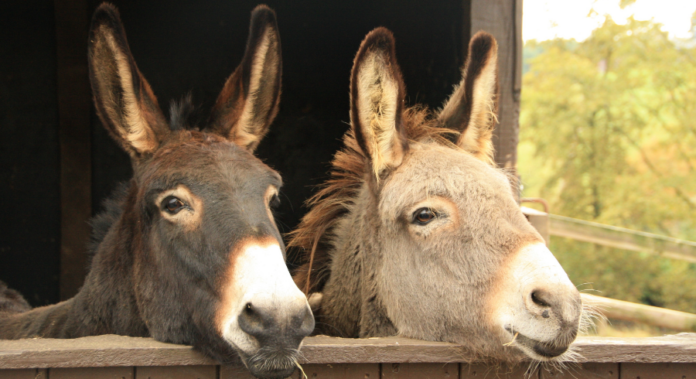A new slaughterhouse in Gwadar has commenced operations to cater to the increasing demand for donkey meat, bones, and hides from China. These by-products are primarily used in the production of e-jiao, a traditional Chinese remedy made from collagen extracted from donkey hides. The establishment of this facility marks a significant development in Pakistan’s burgeoning export sector for donkey-derived products.
During a meeting of the National Assembly Standing Committee on Food Security, chaired by Rana Muhammad Hayat, it was revealed that Pakistan and China have signed an agreement for the export of donkey by-products. A Chinese company has already begun operations in Gwadar, signalling the growth of this niche export market, as confirmed in the press release issued following the meeting.
When questioned about why live donkeys were not being exported, officials from the Ministry of National Food Security and Research (MNFSR) explained that logistical challenges made the export of by-products more feasible. The committee was also informed of increasing interest from Chinese companies in setting up additional donkey slaughterhouses across Pakistan, further bolstering the export infrastructure.
Rana Muhammad Hayat pointed out the declining domestic use of donkeys due to modernisation, suggesting that selective breeding programs should be promoted to maintain a healthy donkey population for economic purposes. Currently, Pakistan’s donkey population stands at approximately 5.9 million, with China being a significant market for donkey products, including e-jiao, a popular ingredient in traditional Chinese cuisine and medicine.
The export initiative, which had previously faced delays due to protocol issues, has now been resolved, paving the way for smoother trade relations. According to Reuters, the rising demand for e-jiao in China has contributed to large-scale slaughtering of donkeys globally. E-jiao, touted for its health benefits such as improved blood circulation and immune support, has seen increased demand among China’s elites and middle class, further fuelling this trade.
Historically produced in Shandong province, where 90% of China’s e-jiao is sourced, the industry now faces a severe shortage of donkeys, with the country’s donkey population having fallen more than 80% since 1992. This shortage has led to China seeking to source donkey skins from countries like Pakistan and Afghanistan.
In 2022, a shipment of donkey skins from Pakistan was seized in Karachi, highlighting the ongoing illegal trade in donkey hides. Muhammad A Kavesh, director of the South Asia Research Institute at the Australian National University, noted that most donkey skins shipped from Pakistan to China are part of an undercover trade.
Donkeys, unlike pigs and cows, are slow to reproduce. Female donkeys, known as Jennies, have a long gestation period of 11 to 14.5 months and typically give birth to a single foal, making it challenging to establish a consistent farming system capable of meeting the annual demand for 5.9 million donkey skins required for e-jiao production. Experts estimate it could take more than two decades to build a sustainable supply chain.
The growing demand for e-jiao, combined with the logistical and reproductive challenges of donkey farming, highlights the complex and controversial nature of this trade, which continues to shape the global market for donkey-derived products.




